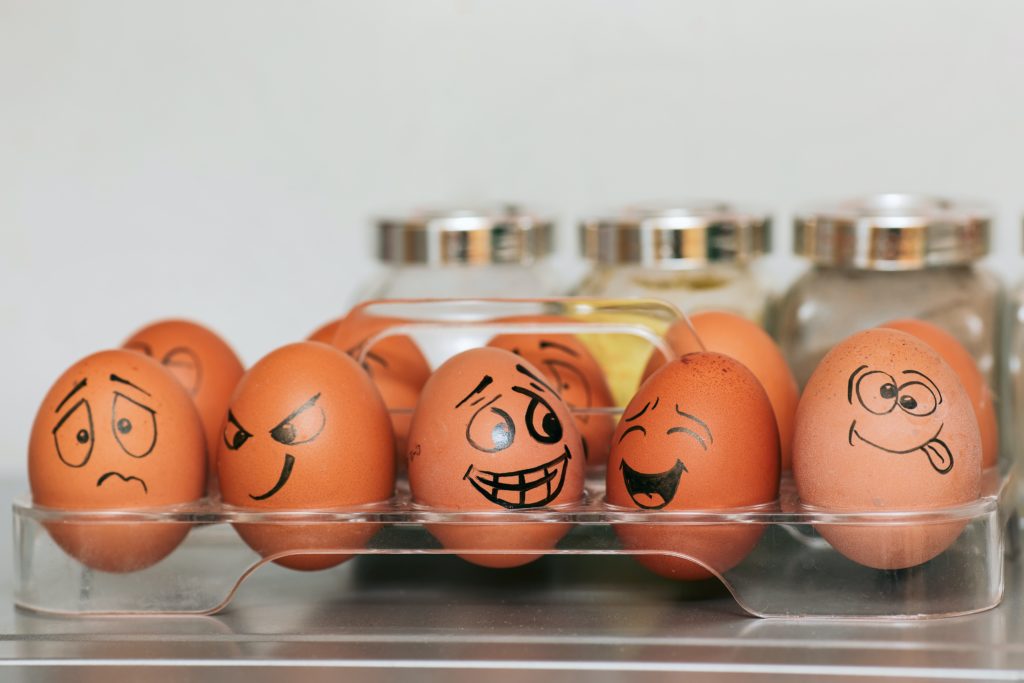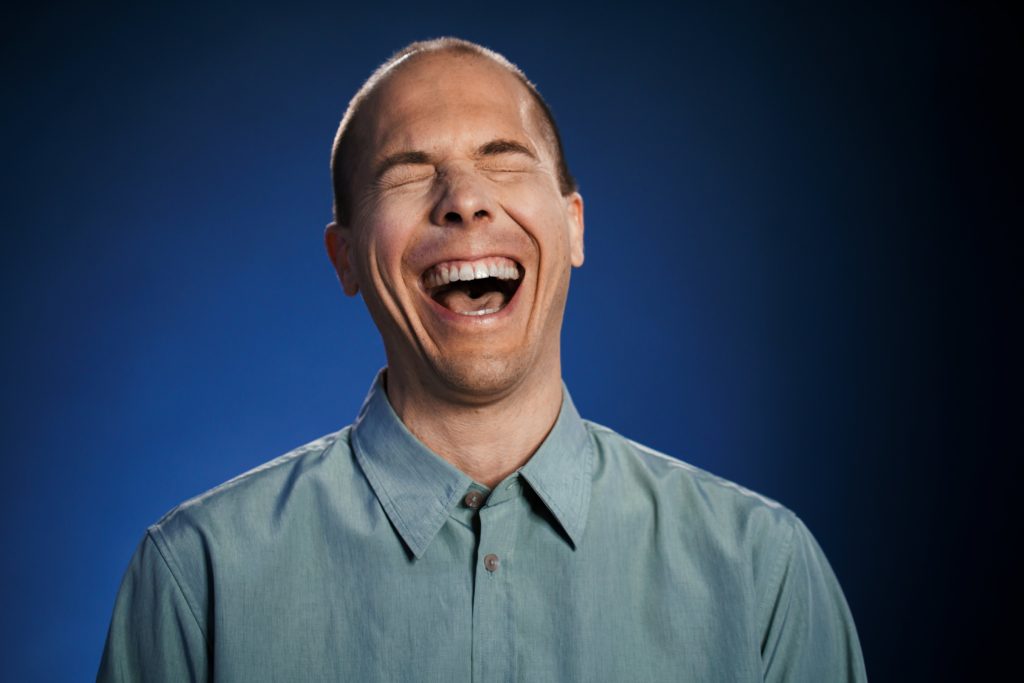
By Yvonne Milosevic
Nearly 95% of our decisions in life are rooted in emotion —not logic. If that figure triggered a reaction of stunned disbelief, let rockstar Stanford GSB marketing professor/neuroscientist Baba Shiv explain. “The rational brain accounts for only about 5% to 10% of human decisions by all estimates,” he says. “I’m not saying you can ignore the rational side, but first and foremost, you need to play into what the emotional brain is looking for.”
Shiv teaches a wildly popular GSB course called the Frinky Science of the Human Mind. Frinky, by the way, sits at the nexus of funky and freaky—a portmanteau coined by Shiv and his son. Here are some fascinating conclusions from his research on the role of emotion in communication, negotiation, and decision-making.
The “IKEA Effect”
B-school researchers dubbed the cognitive bias where people favor things they create or assemble themselves as the IKEA effect. Shiv says we can influence others to buy into our ideas by tapping into this subconscious tendency. Because whose opinion do we usually trust the most? Our own, of course.

“Whenever the brain perceives that it is making an investment in something ‒ it could be mental, it could be physical, it could be monetary ‒ the brain gets invested in it,” Shiv explains.
“There’s a famous saying here in Silicon Valley that if you’re a startup founder going to an investor for money, you’re going to get advice. You go for advice, you’re going to get money.”
Let your counterpart have ample talk time to share their opinions and suggestions. Inviting the other person into the creative process generates buy-in. Suddenly, Shiv adds, your idea becomes their baby as well.
He also suggests presenting a rough prototype—not a polished masterpiece—when trying to get stakeholders on board with your plan. We’re talking back of the napkin vs. a 30-slide deck. If your goal is to persuade someone, they’ll be swayed by the imperfection because it offers room for them to contribute.
“When you present a polished prototype, others will only find flaws,” Shiv warns. “When you present a rough prototype, others will see potential.”
Time of Day Matters
During his conversation with Matt Abrahams of Stanford’s Think Fast, Talk Smart podcast, Shiv explains why we should schedule important meetings in the morning. After a good night’s sleep—another of Shiv’s must-do’s—serotonin levels are at their peak. That’s when our minds are naturally more open to new ideas.

As the day goes on, serotonin levels drop, and we enter into a more risk-averse mindset. Since we can’t call it a day at noon, we need to use specific strategies to counteract these biological factors and play into the emotional brain.
To be a good communicator, your brain needs to be resilient to stress, says Shiv. “The way to switch the brain in to a more open, risk-tolerant mindset is to first and foremost, bring in a state of comfort to the brain,” he adds. “So, how do you do that? You weave in the familiar.”
“It could be trust. Tried and trusted. That brings a lot of comfort to the brain. It could be validation. Testimonials. ‘I’m not the only one saying this. There are other people saying this’,” he notes. “And, of course, laughter is one of the fastest ways to alleviate stress and get the person’s brain into a more risk-tolerant type of mindset.”

Emotion and Decision-Making
Finally, Shiv has sage advice for anyone stressed out over whether a personal or professional decision they make is the right one.
“In the real world, there is no such thing as making the right decision. You make the decision and then make the decision right.”
That means you need to tap into those feelings of conviction and confidence. “Construct a narrative that showcases total success, that’ll allow you to be confident,” Shiv advises.
But the rational brain does have a role to play here, and that’s why he often recommends doing a pre-mortem. By looking ahead to anticipate any roadblocks that might crop up, you can address and prevent problems before they happen.
“So go ahead, make the decision, and invoke all these positive emotions,” Shiv says. “In order to get the best out of life, we have to expect the best out of life.”


